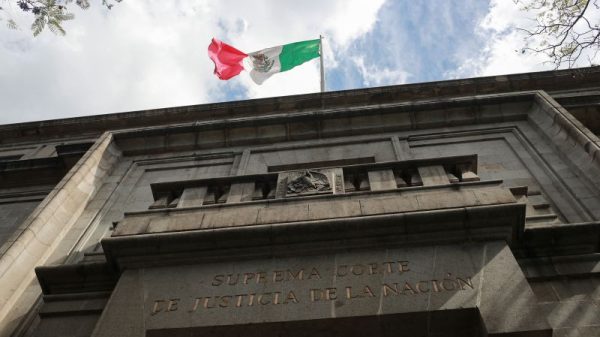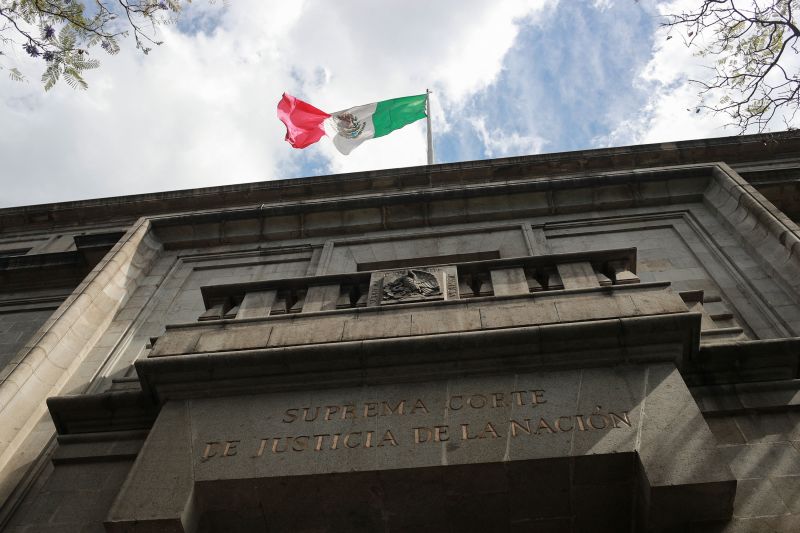As a landmark move in Mexican political history, a majority of Mexico’s Supreme Court justices have opted to resign following a significant judicial reform. The unexpected wave of resignations has garnered international attention, spotlighting the role of judiciary reform in shaping a nation’s political and legal landscape. This event merits exploration, considering its impact not only on Mexico’s judicial system but also on its political dynamics, both domestically and internationally.
Mexico’s Supreme Court of Justice of the Nation (SCJN), the congregation of supreme guardians of the Mexican constitution, witnessed an unprecedented shift. Five out of eleven judges submitted their resignations, marking a notable shift in the country’s highest judiciary body. This level of retraction in the Supreme Court has never been recorded in the annals of Mexico’s political history, signifying its criticality in the evolving demographic of the nation.
This mass exodus of supreme court justices is believed to be instigated by the judicial reform introduced by the current administration. The reform, championed by President Andres Manuel Lopez Obrador (AMLO), aimed primarily to root out corruption, promote transparency, improve efficiency, and increase access to justice. However, it sparked a wave of controversy, inducing a varied spectrum of reactions across the political breadth of the country.
The resignation of these justices signals a profound discontent with the reform, inciting speculation about the future of the judiciary system under the current administration. Critics argue that the reform impinges on the independence of the judiciary, tethering it excessively to the will of the executive branch. The resignations may very well be a rebuke, a non-verbal protest against a perceived compromise on the integrity of the judiciary.
On the other end of the spectrum, supporters of the reform see it as a necessary purge. They view this development as an opportunity to introduce fresh perspectives into the court and facilitate the greater objectives of the reform. To them, the resignations mark the disintegration of an old, bureaucratic cobweb that previously hindered the path to progressive and unbiased justice.
Externally, the mass resignation has significant implications on the international stage as well. It dictates Mexico’s standing on the global front and the country’s alignment with international norms of justice. The situation could prompt a reevaluation of international legal relations and bilateral agreements, especially with immediate neighbours like the United States.
Further, the resignations have inadvertently fueled a discourse on judicial independence worldwide. The Mexican Supreme Court crisis becomes a case study examining the risks of consolidating political power on democratic institutions such as the judiciary.
The impact of the reforms and the subsequent resignations will continue to unfold in the days to come. It is plausible to anticipate a remoulding of the Supreme Court, reflective of the reformist agenda. However, it also indicates a potential challenge to future legislative processes and a power vacuum awaiting to be filled. This judicial shift opens a new chapter in Mexico’s political narrative, the full impact of which remains to be deciphered.



































